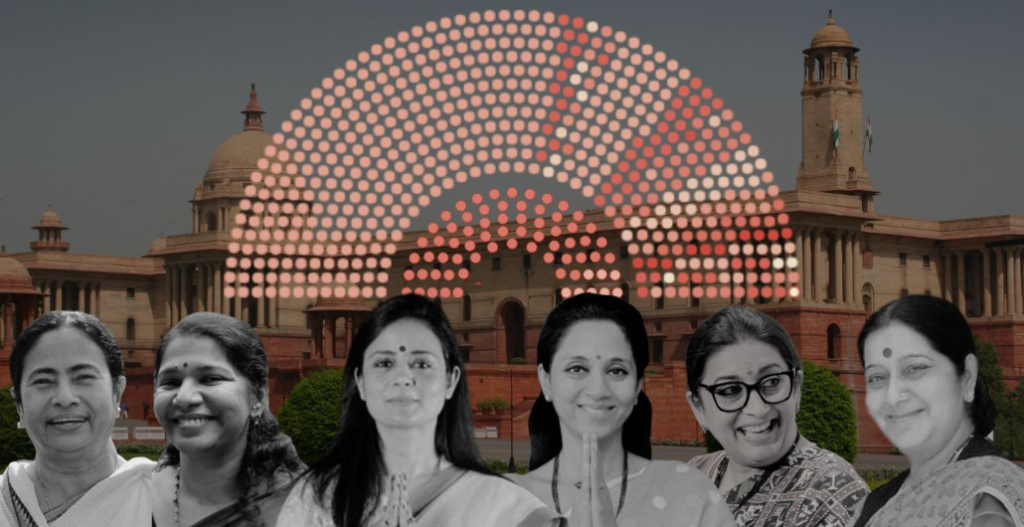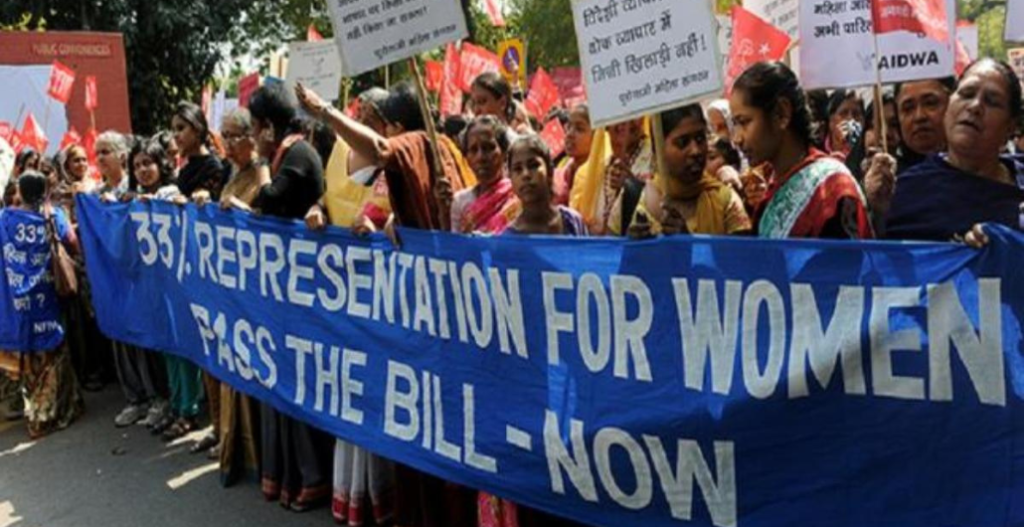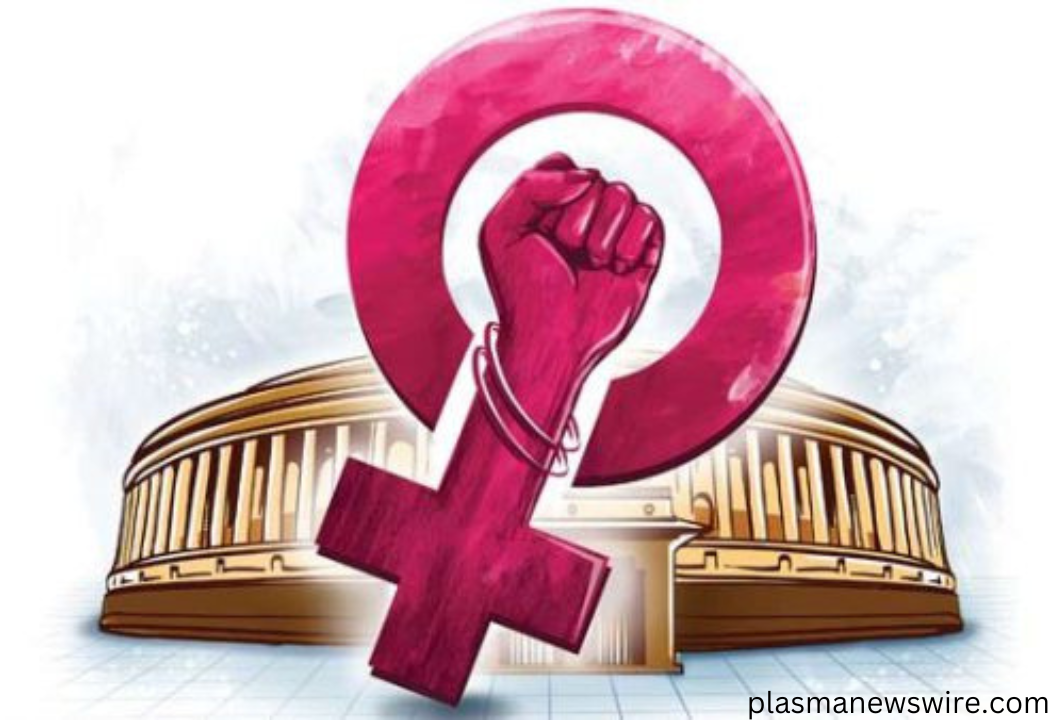India, a country of diverse cultures and traditions, has made significant strides in various fields over the years. However, gender inequality remains a persistent challenge, particularly in political representation. In an effort to address this issue and empower women, the concept of a Women Reservation System (WRS) was introduced. The Women Reservation System in India aims to allocate a certain percentage of seats in legislative bodies for women, providing them with a platform to actively participate in decision-making processes. This essay explores the need for and the impact of the Women Reservation System in India, examining its historical context, rationale, challenges, and potential benefits.
The roots of the Women Reservation System in India can be traced back to the women’s movement in the early 20th century. Women leaders such as Sarojini Naidu and Kamala Devi Chattopadhyay played pivotal roles in advocating for women’s rights, including their right to political participation. The demand for reservations gained momentum during the National Emergency in the 1970s when the government, led by Prime Minister Indira Gandhi, expressed its commitment to women’s empowerment. However, the proposal faced resistance and was not immediately implemented.
Rationale for Women Reservation System
Correcting Historical Injustice
The Women Reservation System seeks to address the historical injustice and systematic exclusion of women from political decision-making processes. Throughout history, women have been underrepresented in political spheres, denying them an equal opportunity to contribute to governance and policy formulation.
Ensuring Inclusive Representation
Political representation is a cornerstone of democracy, and inclusivity is vital for its functioning. The Women Reservation System aims to ensure that women, who constitute a significant portion of the population, are adequately represented in legislative bodies. This not only promotes gender equality but also enhances the diversity of perspectives in policymaking.

Empowering Women
Reservation provides a platform for women to actively participate in politics, empowering them to take on leadership roles and contribute to nation-building. Increased representation fosters a sense of agency and encourages women to engage in public life, challenging traditional gender roles and stereotypes.
Challenges and Criticisms
Reservation Quota
One of the primary criticisms of the Women Reservation System is the reservation quota itself. While advocates argue that a reservation of 33% or more is necessary to bring about substantial change, opponents claim that it might lead to tokenism and compromise merit-based selection.
Impact on Political Parties
Some critics argue that political parties may view the Women Reservation System as a burden, as they may need to field female candidates in constituencies where they may not be as competitive. This, they contend, could lead to a lack of genuine support for women candidates within political parties.
Stereotyping Women Candidates
There is a concern that women candidates selected through reservations might be stereotyped and perceived as representatives solely of women’s issues. This narrow categorization could limit their effectiveness in addressing broader societal concerns.
Social Resistance
Societal norms and resistance to change pose significant challenges to the successful implementation of the Women Reservation System. Deep-seated patriarchal attitudes and biases against women in leadership roles need to be addressed for the system to have a meaningful impact.

Potential Benefits
Policy Impact
Increased representation of women in legislative bodies can lead to policies that address women’s issues more comprehensively. Women lawmakers are likely to advocate for measures related to healthcare, education, employment, and violence against women, contributing to a more inclusive policy framework.
Role Modelling
Women in leadership positions can serve as role models, inspiring other women and girls to aspire to positions of power. This can contribute to changing societal perceptions and fostering a culture that values and encourages women’s participation in all spheres of life.
Enhanced Governance
Diverse perspectives lead to better decision-making. The inclusion of women in legislative bodies ensures a more holistic approach to governance, considering the needs and concerns of the entire population. This diversity can result in more effective and inclusive policies.
Social Transformation
The Women Reservation System has the potential to bring about a broader societal transformation by challenging traditional gender norms. As women become more visible in political leadership, it challenges stereotypes and encourages a shift towards more egalitarian attitudes.
Conclusion
The Women Reservation System in India is a crucial step towards achieving gender equality in political representation. Despite the challenges and criticisms, the potential benefits of the system are significant. Empowering women in political spheres not only corrects historical injustices but also contributes to a more inclusive and effective governance structure. As India continues to evolve, the Women Reservation System stands as a beacon of hope for a future where women participate actively in shaping the nation’s destiny, breaking free from the shackles of gender inequality. It is imperative for society to embrace this transformative initiative, recognizing the inherent value of diverse voices in the democratic process.
Always be updated with latest news articles, please visit on our website regularly…

